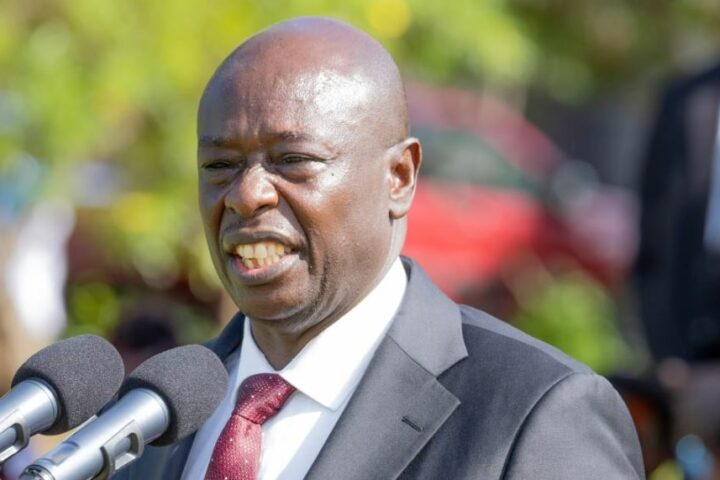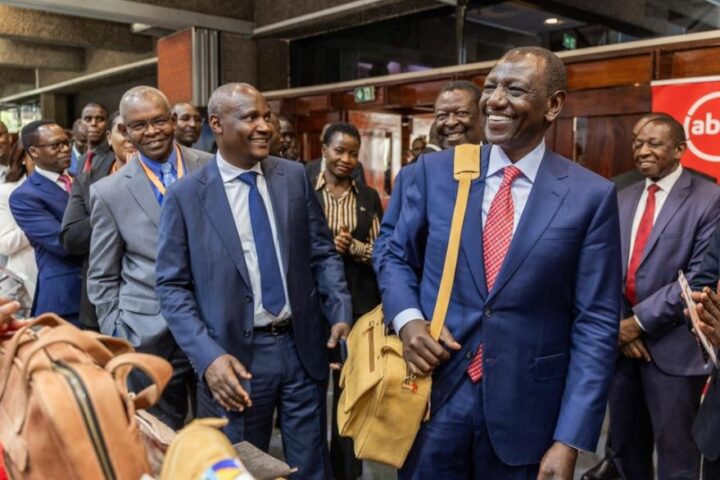
Q: What do you consider to be your greatest contribution to the University of Nairobi and the scholarly world in general?
A: I have mentored and supervised many doctorate students many of whom are lecturers in this and other universities. I also helped set up the Wangari Maathai Institute for Peace and Environment studies from a mere concept to an institute that is globally recognised. I have also published heavily in my field of structural biology and done a lot of work with students on governance and electoral politics on the campus.
Q: What will be your priority at the University of Nairobi as VC?
A: I really want to encourage my fellow academicians to express themselves freely and fearlessly and contribute to national debate on topical issues such as the locust invasion or the coronavirus problem. Universities should not be seen as a place where degrees are fetched. Lecturers must be in sync with the pulse of the nation and they should actively work to resolve societal problems.
I also want to make the university get an international touch by actively working to encourage foreign lecturers to take up teaching jobs and foreign students to get enrolled in our various programmes. That will open up the university to new ideas and make it globalised. I will also concentrate on streamlining our finances and degree programmes to ensure money is spent prudently.
Q: What ails Kenya’s universities?
A: Our universities are grappling with many problems many of which are to do with finances, tribalism, duplication of courses and examination irregularities. We need to reflect and support Prof Magoha’s efforts to put the institutions on the right track. Universities are created to help solve societal problems but if they are hobbled by their own challenges then we have a big problem. The first priority should be to streamline governance. Once we have the right people managing our universities, we will have solved more than half of our problems.
Q: Funding is the most serious problem facing our universities. What’s the way forward?
A: The whole system needs to be rethought and reworked. The Universities Funding Board uses the unit differentiated cost system but it only funds programmes up to about 60 per cent. Where should the rest come from? We must quickly re-examine the Module 11 programmes, bursaries, income generating projects and the Higher Education Loans Board. Then let’s rethink our degree programmes to see which require more resources, which require fewer and which should be discarded all together.
Q: What do you consider your greatest strength?
A: I’m a stickler for rules and just processes. I’m a good listener and I believe in expressing myself freely and without fear. I expect the same of everyone else. In fact, I want to encourage my colleagues in this institution and elsewhere to be candid and express their thoughts freely and clearly.






